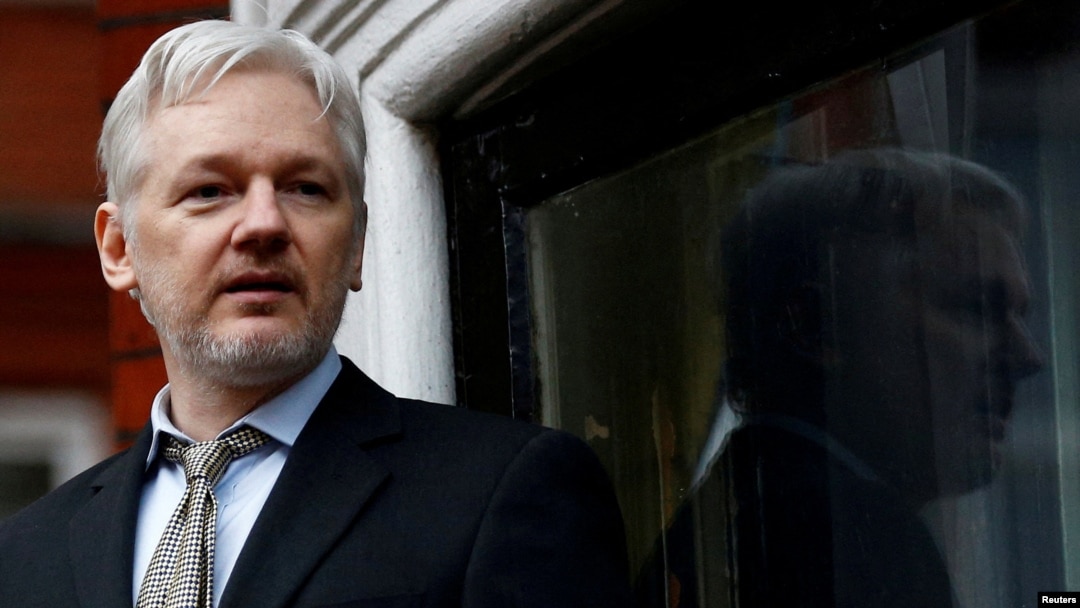Wikileaks founder Julian Assange has been denied permission to appeal at the Supreme Court against a decision to extradite him to the United States, the court said on Monday.
U.S. authorities want Australian-born Assange, 50 to face trial on 18 counts relating to WikiLeaks' release of vast troves of confidential U.S. military records and diplomatic cables which they said had put lives in danger.
In December, the High Court in London overturned a lower court's ruling that he should not be extradited because his mental health problems meant he would be at risk of suicide.
High Court judges then refused him permission for a direct appeal to the Supreme Court on their decision, leaving the decision with the Supreme Court itself over whether to hear his challenge.
"The application has been refused by the Supreme Court and the reason given is that application did not raise an arguable point of law" a supreme court spokesperson said.
The extradition decision will now need to be ratified by interior minister Priti Patel, after which Assange can try to challenge the decision by judicial review. A judicial review involves a judge examining the legitimacy of a public body's decision.
WikiLeaks' Assange Denied Permission to Appeal Extradition Decision at Supreme Court

FILE - WikiLeaks founder Julian Assange makes a speech from the balcony of the Ecuadorian Embassy in central London, Britain, Feb. 5, 2016.
LONDON —



